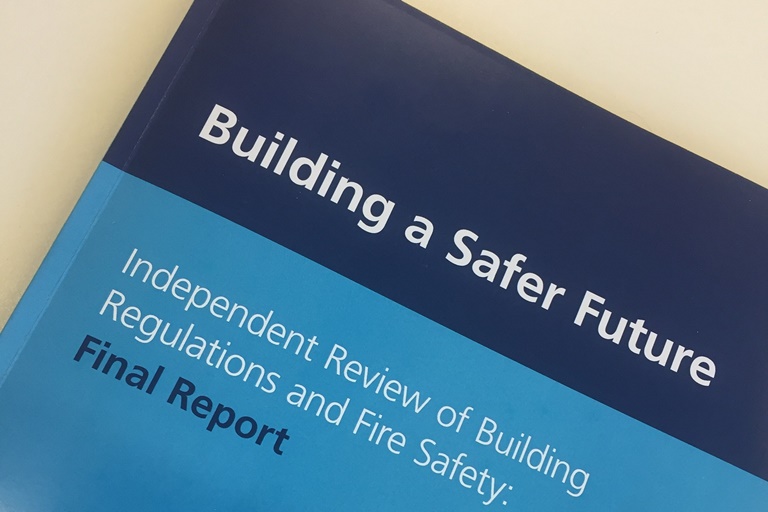Just over one year on from the awful events of Grenfell, Dame Judith Hackitt’s independent review into building regulations and fire safety is welcome. Senior Property Manager at Glenny, Cheryl Coastes, tells Property Week residential property managers have long been seeking clarity around these issues. The very fact that we have moved away from a prescriptive format towards a risk-based approach over the past two decades has raised serious questions within the industry. It’s a balance that needs re-addressing and clearly it’s more important than ever that things change. A holistic approach to share such documentation and information with residents in an accessible way would provide much-needed clarity on the works required. It would also encourage residents to engage positively in this critical aspect of building safety. All too often, occupiers in multi-occupancy residential buildings innocently alter their properties without obtaining the correct permissions or store personal belongings in communal hallways without understanding the potential consequences. Hackitt's reminder to residents that it is their responsibility to fully understand the role they play in ‘keeping their building safe for them and their neighbours’ will give property managers the regulatory powers they need to run the building for the safety of all who live there. Pleasingly, the report also touches on construction completion work and goes into great depth regarding the Construction Design and Management Regulations 2015. The report’s guidance suggests those who commission construction work and those who are key in the design and construction process are responsible for eliminating, reducing or controlling foreseeable risks. The report also recommends that the government should consider applying the right of access for all relevant documentation to all multi-occupancy residential buildings. This is welcome in principle. However, if it is not implemented correctly, it could prove to be obstructive to the point where positive decision-making is hindered. This was something encountered during the section 20 consultation process where, on occasions, considerable delays occurred to safety-critical works due to obstructions by disgruntled occupiers. Overcoming this (and ensuring the other recommendations in the report are implemented) is a collective obligation and cannot succeed if it’s enforced in a top-down fashion. Safety is paramount, and Dame Judith’s report goes a long way towards making positive steps to improve this in multi-occupancy residential buildings. However, if it is to succeed, it requires commitment from everyone.
Opinion
Reform to building regs and fire safety is welcome
By Glenny LLP
